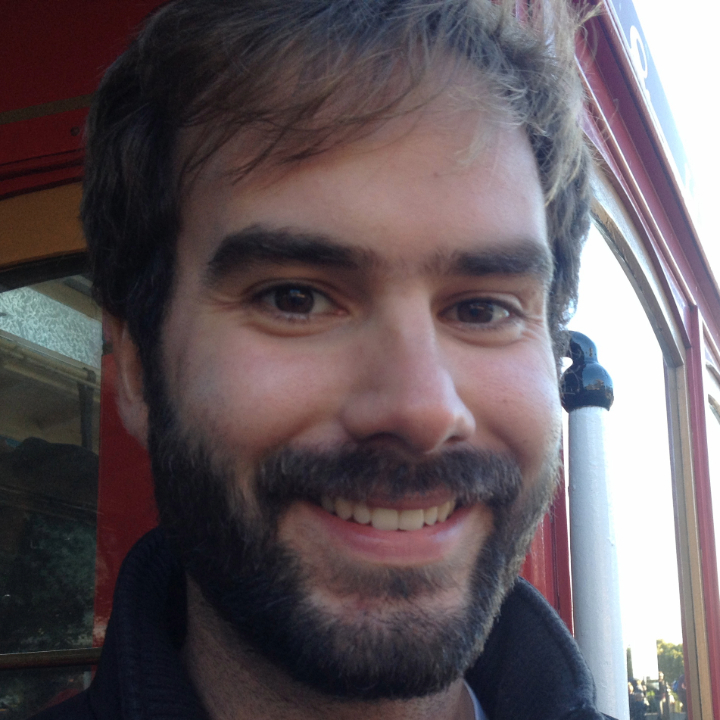
Dr. Rafael G. Ramos
AEOP Fellow (Post Doctoral)
Geography & Earth Sciences
Dr. Rafael G. Ramos is a post-doctoral researcher at USMA, with a fellowship from the Army Educational Outreach Program. He has a Ph.D. in geography from the University of California, Santa Barbara, and a M.S. and B.S. in computer engineering from the University of Campinas. Before his position at West Point, Dr. Ramos was a post-doctoral researcher at Brazil’s National Institute for Space Research (INPE) and a geospatial consultant.
Dr. Ramos’s research focuses on geospatial analysis of both human and environmental phenomena and using geospatial theory to improve data quality. He has proposed and implemented new methods to improve mapping of crime data, as well as a method to improve the resolution of land-use/land-cover change projections. He has also developed various case studies on the geographies of urban and environmental crimes, as well as environmental impacts, natural hazards and vulnerability.
Currently at West Point, Dr. Ramos is leading, with Prof. Adam Kalkstein, the development of a new early warning system for heatwaves at West Point and other US academies. Dr. Ramos contributions have been published in leading journals of the area, and featured in conferences, articles, interviews and other media. He is married with two children and enjoys exploring the Hudson Valley region with them for hikes and festivals.
Ph.D. - University of California Santa Barbara
M.S. - University of Campinas
B.S. - University of Campinas